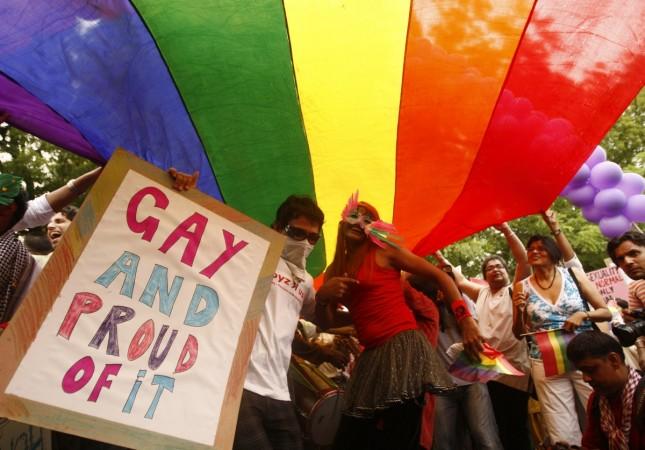
Update, 3:29 pm: The Supreme Court on Tuesday agreed to hear the curative petitions seeking a re-look at its verdict upholding the validity of Section 377 of the Indian Penal Code that criminalises homosexuality. It has referred the matter to five-judge constitution bench.
"Important Constitutional questions involved in the issue relating to decriminalising consensual gay sex within the privacy of a house," The Times of India quoted the court as saying.
Supreme Court agrees to reexamine its verdict on homosexuality; five-judge Constitution Bench to hear curative plea pic.twitter.com/rTj7mphJ9l
— Times of India (@timesofindia) February 2, 2016
Important Constitutional questions involved in the issue relating to decriminalizing consensual gay sex within the privacy of a house: SC — Times of India (@timesofindia) February 2, 2016
Original Story:
The Supreme Court will, on Tuesday, decide if Section 377 of the Indian Penal Code, which criminalises homosexuality, should be revoked.
A three-judge bench comprising Chief Justice TS Thakur, Justices Anil R Dave and Jagdish Singh Khehar will hear eight curative petitions against the apex court's judgement of 28 January, 2014, dismissing review petitions that requested a re-look at its 2013 verdict that criminalised gay sex, The Hindu reported.
The review and curative petitions were filed by parents, NGO Naz Foundation and Lesbian, Gay, Bi-sexual and Transgender (LGBT) rights organisations. The curative petition, filed in March 2014, is the last legal resort for the petitioners, considering the review petition has been rejeceted.
In a curative petition, the petitioner should state the grounds mentioned in the review petition filed earlier that had been dismissed by the apex court. A senior advocate is required to certify the petition, which is then circulated to three senior-most judges as well as the judges who had given impugned judgement.
One of the eight petitions filed by 13 senior psychiatrists, psychologists, counsellors and mental health professionals, including an editor of the Lancet Series on Global Health, argued that homosexuality was not a mental disorder.
"Homosexuals had no choice in their attraction to persons of the same sex and criminalisation of LGBT persons adversely affected their mental health," they said in the petition.
Section 377 criminalises all forms of penetrative sex, including penile anal sex and penile oral sex, which according to the petitioners violate article 14 of the constitution.
The curative petition said that the impugned judgement "reflects an issue bias against the LGBT persons, as evident from such observations like 'the so-called rights of LGBT persons' and 'miniscule fraction of the country's population'," according to IANS.
"By penalising the only form of sexual intercourse available to LGBT persons — that is, non-peno vaginal — Section 377 entirely denies sexual intercourse to the class of LGBT persons," The Hindu quoted the petitioners as saying.
The Supreme Court had, on 12 December, 2013, overturned a 2009 Delhi High Court verdict and re-criminalised homosexuality in India. In January 2014, it upheld the validity of colonial-era section 377, after hearing the review petitions.
The Delhi High Court bench headed by then-Chief Justice AP Shah had, on 2 July, 2009, declared Section 377 unconstitutional as it violated fundamental rights of individuals under Articles 14, 15 and 21 of the Constitution. It had reportedly ruled that the Article will be applicable to non-consensual, penile, non-vaginal sex and sexual acts by adults with minors.

















